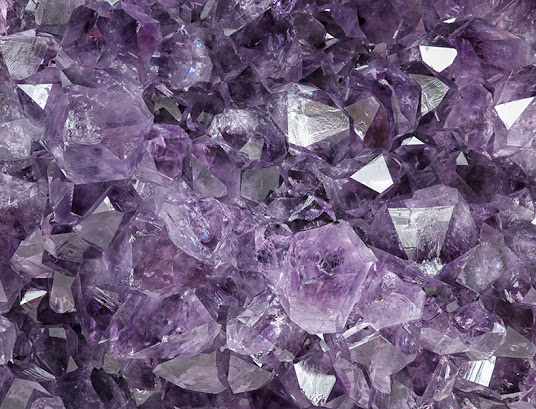Dancehall Queen is the Most Complete Jamaican Movie to Learn Jamaican Patois and Slang With No Guns
Dancehall Queen is one of those films that anyone attracted to Jamaica or living in Jamaica has seen in any event once in their life. I've seen Dancehall Queen a few times, and each time I notice something new. This weekend was no exemption as I chose to watch Dancehall Queen once more.
Subsequent to watching Dancehall Queen this time, I trust it is the most complete film to learn Jamaican Patois, Slang and everyday Jamaican Culture for most Jamaicans. Dancehall Queen is the account of a midtown Kingston road seller named Marcia (played by Audrey Reid) who takes a shot at turning into the sovereign of a dancehall challenge facilitated by Beenie Man, oneself broadcasted King of The Dancehall. Marcia, is a single parent of two young ladies who does what she needs to do to ensure her little girls get the best instruction and life, yet this turns out to be expensive when her more established girl, Tania, a youthful high schooler is compelled to lay down with Larry (played via Carl Davis). Larry is the monetary help or friendly benefactor of sorts who pays for Marcia's youngsters to go to uptown schools while Marcia is working the road remain with her sibling, Junior (played by Mark Danvers). When Tania discloses to Marcia that she doesn't need anything to do with Larry and she loathes her mom's reliance on Larry, Marcia starts to discover elective techniques for bringing in cash. While Marcia is calibrating her abilities on the dance floor, her sibling, Junior, invests his energy stowing away from Priest (played by Paul Campbell), the one who cut and slaughtered his companion, and the police boss (played via Carl Bradshaw). When Marcia discovers that Larry and Priest are both horrible, she devises an arrangement to ensure that neither of them at any point hurt her family again while as yet contending to be the Dancehall Queen.
The extraordinary thing about Dancehall Queen is that film is included Jamaican entertainers communicating in the language of Jamaica, Patois. There are not very many occasions of Standard English being spoken in the film. This is incredible for the understudy Jamaican Patois since key expressions are spoken in the proper settings. One could truly not request more since you can hear patois altogether the fundamental situations of life, for example, cooperating with your folks, companions, the police, beau/sweetheart and only outsiders in the city. Furthermore, Dancehall Queen is unique in relation to other Jamaican movies in that there is no inordinate weapon brutality. The film contains parody components while still a portion of the certainties and difficulties of Jamaican life, particularly for individuals of Downtown Kingston.
Other than the capacity to become familiar with a massive measure of Jamaican Patois, there are numerous parts of Jamaican culture and life showed in the film. This film centers around the existence of the everyday individuals instead of the police or "badman" contained in such countless other Jamaican movies. For instance, in one scene Tania gets back an "uptown" kid from her school to her "downtown" home for her mom and sister to meet. From the start her mom, Marcia, responds abnormally to his essence, however at last she is tolerating. This division among uptown and downtown is exceptionally conspicuous in Jamaican culture. For the most part, uptown is home to the more monetarily favored individuals while downtown is home to the less taught and less monetarily advantaged. This is only one illustration of numerous socially nuances at work. You see the association of the Jamaican Country society with the City tenants of Kingston, the connection between single parents and men going about as father figures to their kids and obviously, you experience the dancehall culture.
The possibility of a dancehall sovereign is something normal in Jamaica and now all throughout the planet. There are dancehall rivalries from one side of the planet to the other. These rivalries were propelled by the dancehall rivalries of Jamaica. Truth be told, outsiders have gone to Jamaica and won dancehall rivalries. Very much like reggae, dancehalls and dancehall rivalries are components of Jamaican culture that have been sent out to the world. The film gives a decent establishment into what the dancehall rivalries resemble, yet ought not be the last asset into learning this part of Jamaican culture.
All in all, Dancehall Queen is a positive film that features numerous parts of Jamaican culture, yet additionally trains us to try to achieve the impossible and quite possibly are dreams will materialize.




Comments
Post a Comment